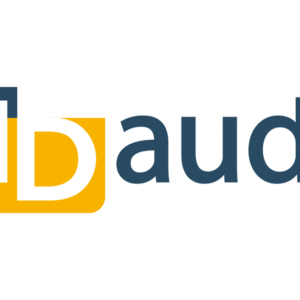Revenue integrity has become a pivotal component in ensuring the financial health of healthcare organizations. As healthcare systems navigate complex regulatory environments and strive for optimal patient care, the role of revenue integrity professionals has never been more critical. As seen by a recent event celebrating their contributions during the 2024 Revenue Integrity Week.
Here’s what some of the industry’s distinguished members outline as their top six essential skills and qualities that define today’s revenue integrity professionals:
1. Critical Thinking and Problem Solving
One of the foremost skills highlighted by industry leaders is the ability to apply critical thinking and problem-solving techniques. Revenue integrity professionals must be adept at analyzing intricate problems, identifying root causes, and developing effective solutions. This requires not only a deep understanding of healthcare operations but also the agility to address unforeseen challenges swiftly.
2. Attention to Detail and Ethical Conduct
Detail orientation is a recurrent theme among the key qualities of a revenue integrity professional. Ethical conduct is equally vital, ensuring that all actions taken are in line with regulatory standards and organizational policies. This combination helps maintain trust and transparency within the organization and with external stakeholders.
3. Adaptability and Collaboration
The healthcare landscape is constantly evolving, necessitating professionals who are flexible and open to change. Recent events have highlighted the need for revenue integrity professionals to be comfortable with ambiguity and adaptable to new situations. Collaboration is also essential, as these professionals often work with multiple teams across the organization– effective collaboration and flexibility are crucial in managing diverse team dynamics and achieving common goals.
4. Continuous Learning and Curiosity
In an ever-changing field, a willingness to continually learn is indispensable. Revenue integrity professionals must stay abreast of the latest regulatory updates, coding changes, and industry best practices. Curiosity drives this continuous learning, fostering an investigative mindset that is crucial for identifying and resolving issues.
5. Technical Expertise and Clinical Knowledge
A solid foundation in technical and clinical knowledge is also essential. The importance of familiarity with Current Procedural Terminology (CPT©) and Healthcare Common Procedure Coding System (HCPCS) coding updates is paramount. Additionally, understanding revenue codes and their impact on billing processes is critical. Clinical experience further enhances a professional’s ability to navigate the complex interactions between clinical operations and revenue integrity.
Data analytics and the latest technological innovations are empowering today’s revenue integrity professionals by providing support and insights at their fingertips. SaaS platforms are advancing thanks to artificial intelligence, augmented learning, automation, and continuous risk monitoring.
6. Communication Skills
Effective communication is another cornerstone skill. Revenue integrity professionals must be able to convey complex information clearly and concisely to various stakeholders, including leaders, payers, and providers. While also cross-communicating with various other departments. Today’s revenue integrity professionals are emphasizing the importance of asking questions and adopting a supportive approach rather than a punitive one. This helps in building a cooperative environment where issues can be addressed constructively.



